.
12.03.2016
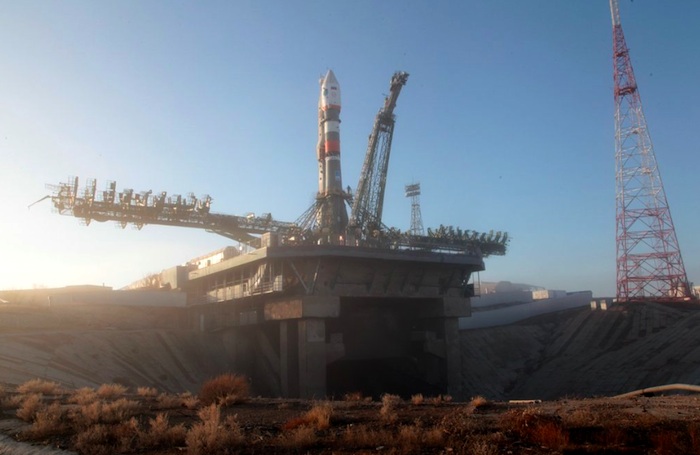
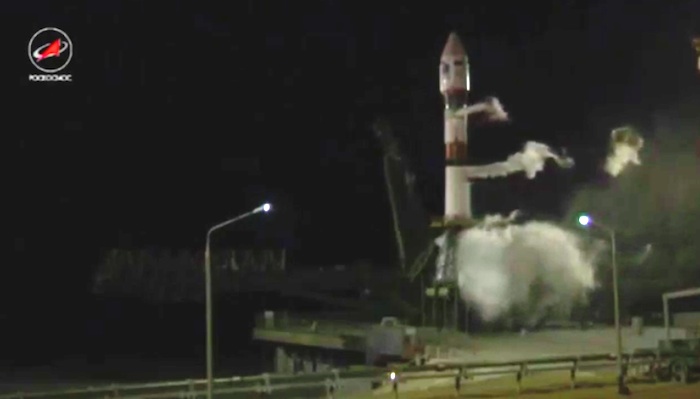
A Soyuz-2.1b carrier rocket aborted launch with the Resurs-P No.3 satellite at the Baikonur cosmodrome (Kazakhstan) on 12 March 2016, at 18:56 UTC (21:56 local time). According to Roscosmos, “there was an automatic shutdown of the engines, the causes are being investigated”
Quellet: Roscosmos
-
Update: 13.03.2016
.
Resurs-P satellite launch set to Sunday, March 13 - Roscosmos
It was reported earlier that during the launch of the Soyz-2.1b carrier rocket with the Resurs-P No.3 satellite its engine was automatically idled and the launch called off
.
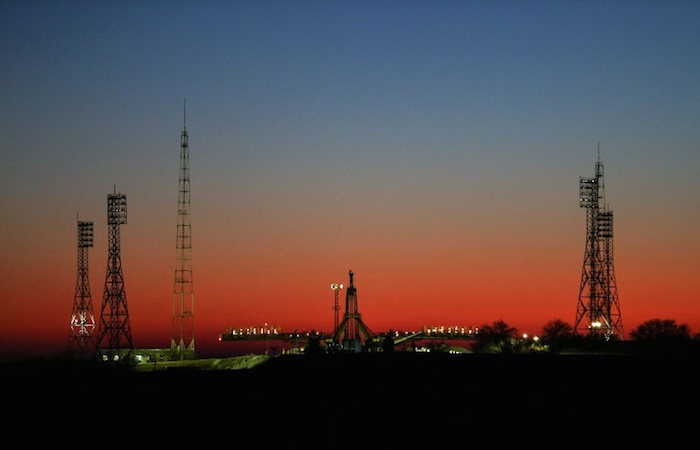
The launch of the Russia's Soyuz-2.1b carrier rocket carrying an advanced Resurs-P No. 3 remote sensing satellite, postponed on March 12, was set to Sunday, March 13 from the Baikonur Cosmodrome, Roscosmos press service told TASS.
"The launch of the carrier rocket is scheduled for 21:56 MSK," the state corporation said.
The satellite will be separated from the rocket 9 minutes after liftoff, at 22:05 MSK, Roskosmos said.
It was reported earlier that during the launch of the Soyz-2.1b carrier rocket with the Resurs-P No.3 satellite its engine was automatically idled and the launch called off.
Roscosmos told TASS that the postponement of launch of Earth remote sensing satellite Resurs-P No. 3 would not affect the timeframe of regular launches this March.
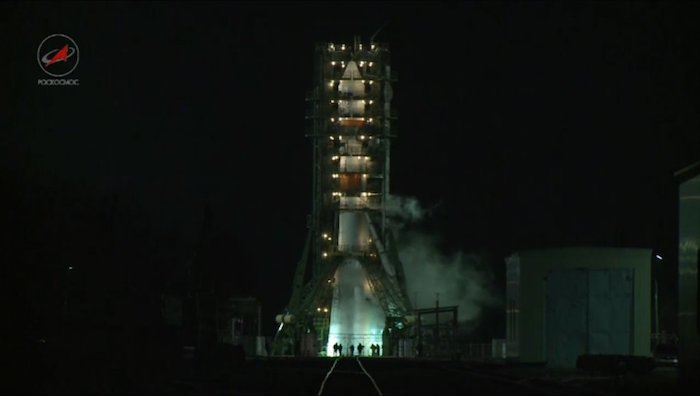
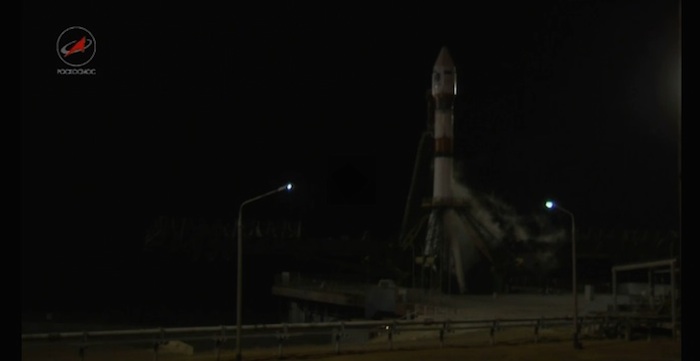
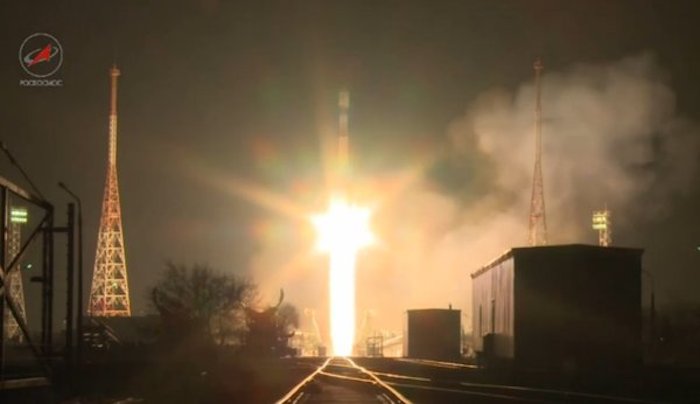
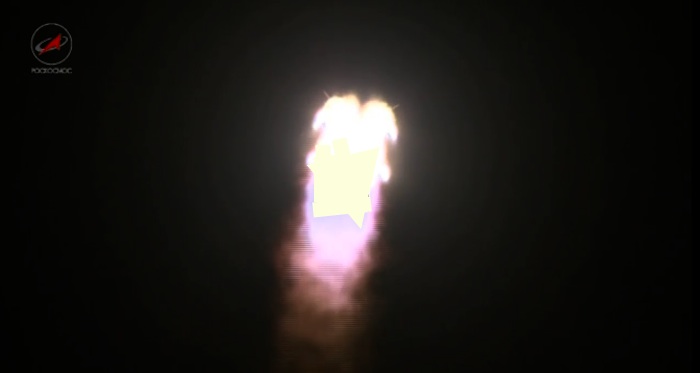
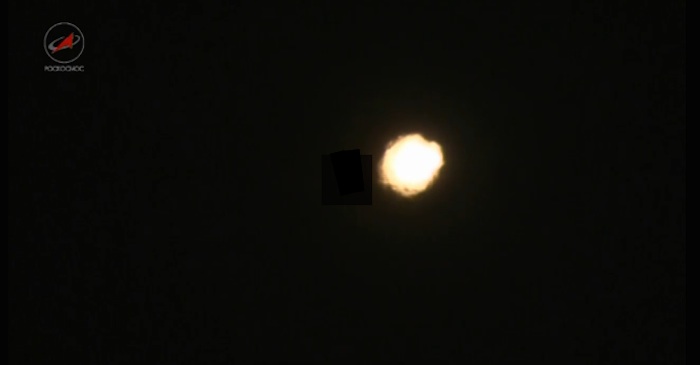
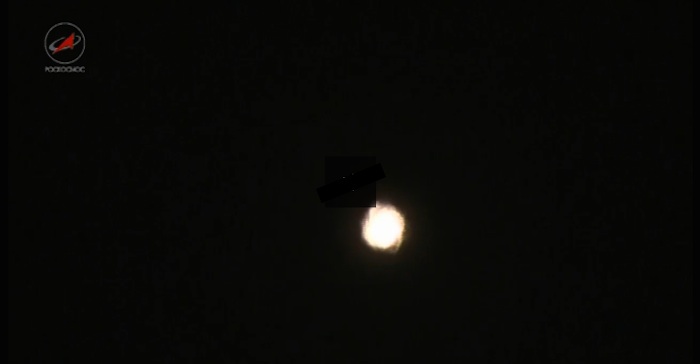
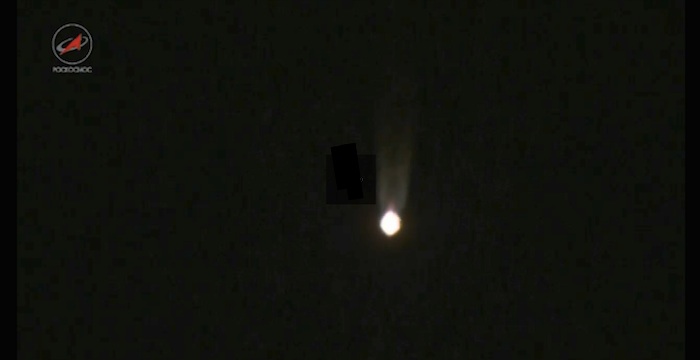
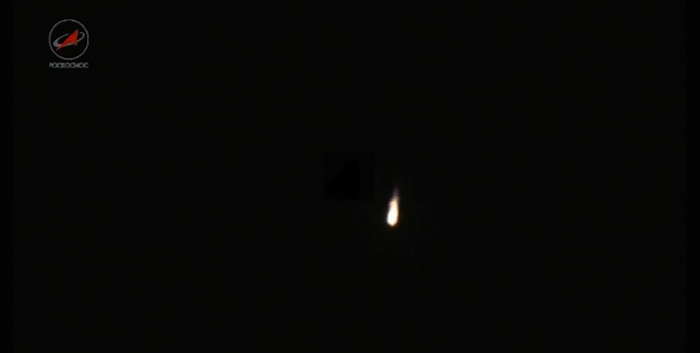
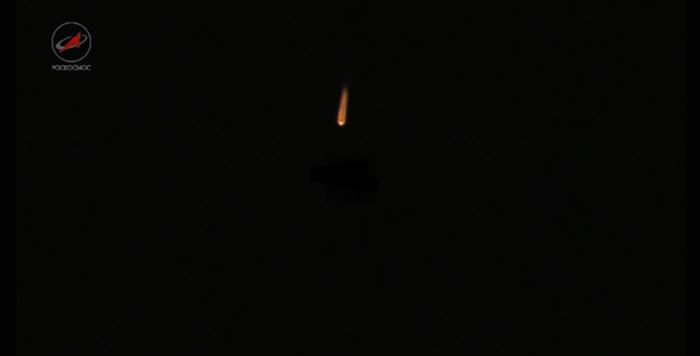
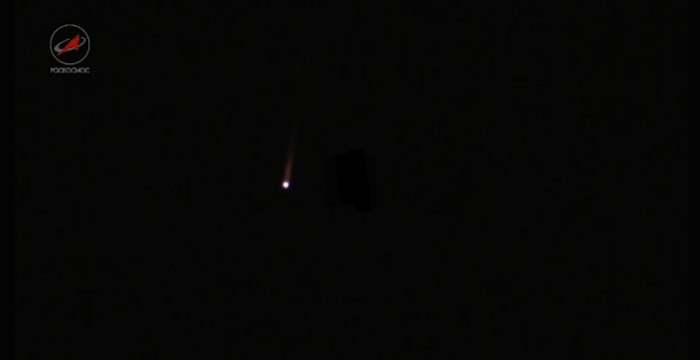
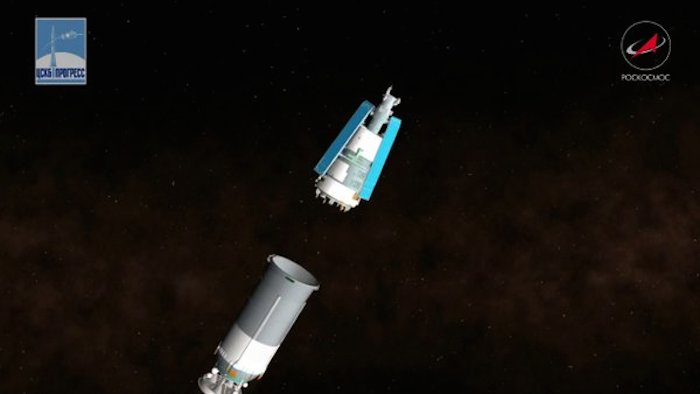
"The changes in timetable of other launches scheduled for March is not planned," the press service said.
The nearest launch of the Soyuz-FG rocket is scheduled for March 19 to deliver a crew to the International Space Station (ISS).
The 5,920-kg Resurs-P No. 3 satellite was to have formed a system of Earth remote sensing satellites, expected to comprise 11 space vehicles in 2016.
The first Resurs-DK satellite was put into orbit in June 2006, followed by Resurs-P No.1 in June 2013 and Resurs-P No.2 in December 2014. The third apparatus was manufactured at the Samara-based Progress rocket and space center.
In last November, the orbital system was adopted in regular operation, becoming the first national orbital group of the civilian remote Earth sensing satellites with a detailed level of resolution.
Over 200 Russian agencies use data received from the satellites in the agriculture, forestry, the water industry and in monitoring emergencies areas.
Quelle: TASS
-
Update: 19.00 MEZ
.
Zweiter Start-Versuch von Soyuz-2.1b
.

...19.55 MEZ

...









Quelle: Roscosmos
4236 Views
